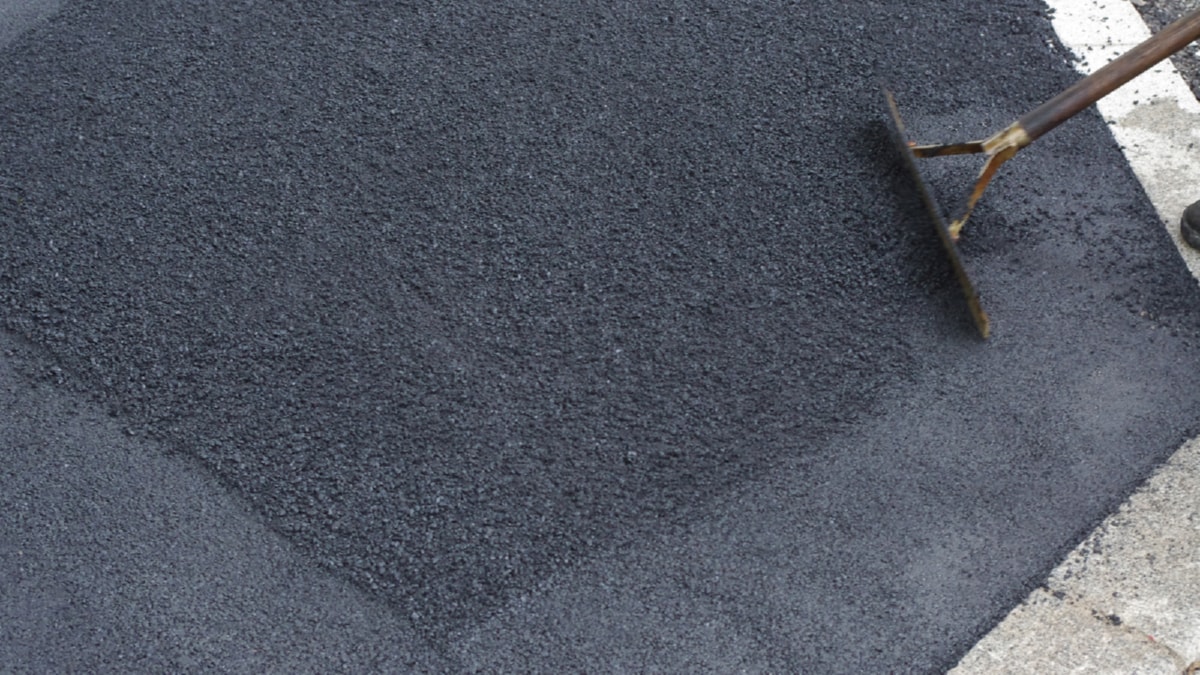Understanding the basic principles of construction material selection is integral to the success of any construction project. The materials you choose will ultimately dictate the strength of your structure, as well as its visual attractiveness. This article aims to provide a comprehensive guide on how to select the most suitable materials for your construction project.
The first step in making the correct decision on construction materials is understanding your project’s requirements. This entails a thorough understanding of the project dimension, its intended use, the local climate, and any specific design elements. For example, wood may be an excellent choice for a residential project due to its aesthetic appeal and ease of use. However, for a commercial building in a region with high humidity, concrete or steel may be a more suitable choice due to their strength and resistance to moisture.
The next aspect to consider is the accessibility of construction materials. Materials that are easily accessible and abundant in your locality are often a more cost-effective choice. For instance, in regions rich in clay, brick becomes a preferred construction material due to its local abundance and cost-effectiveness. Furthermore, using locally available materials also supports the local economy and reduces the carbon footprint of your project.
Another critical factor in material selection is their quality. The importance of quality materials in construction projects cannot be overstated. Quality materials ensure the security of the structure, its durability, and its resilience to wear and tear and extreme weather conditions. For example, high-quality steel will provide more structural strength than low-grade steel, making it a better choice for buildings in earthquake-prone areas.
Lastly, the sustainability of the construction materials should be considered. In an era where sustainable practices are becoming more important, choosing materials that are eco-friendly is a responsible choice. Materials that are recyclable, made from renewable resources, or have low energy requirements for production should be favored. For instance, materials like bamboo, cork, and recycled plastic are sustainable choices that are gaining popularity in the construction industry.
In conclusion, selecting the right construction materials involves a careful balance of many factors, including the project’s requirements, material availability, quality, and environmental impact. By taking all these factors into account, you can ensure your construction project is not only successful but also sustainable and cost-effective. Remember, the right materials will enhance your project’s aesthetics, increase its lifespan, and ensure its overall success.
For more details, check best Insulation Services in Southeast Ireland or visit their Insulation Services Southeast Ireland business listing here.




